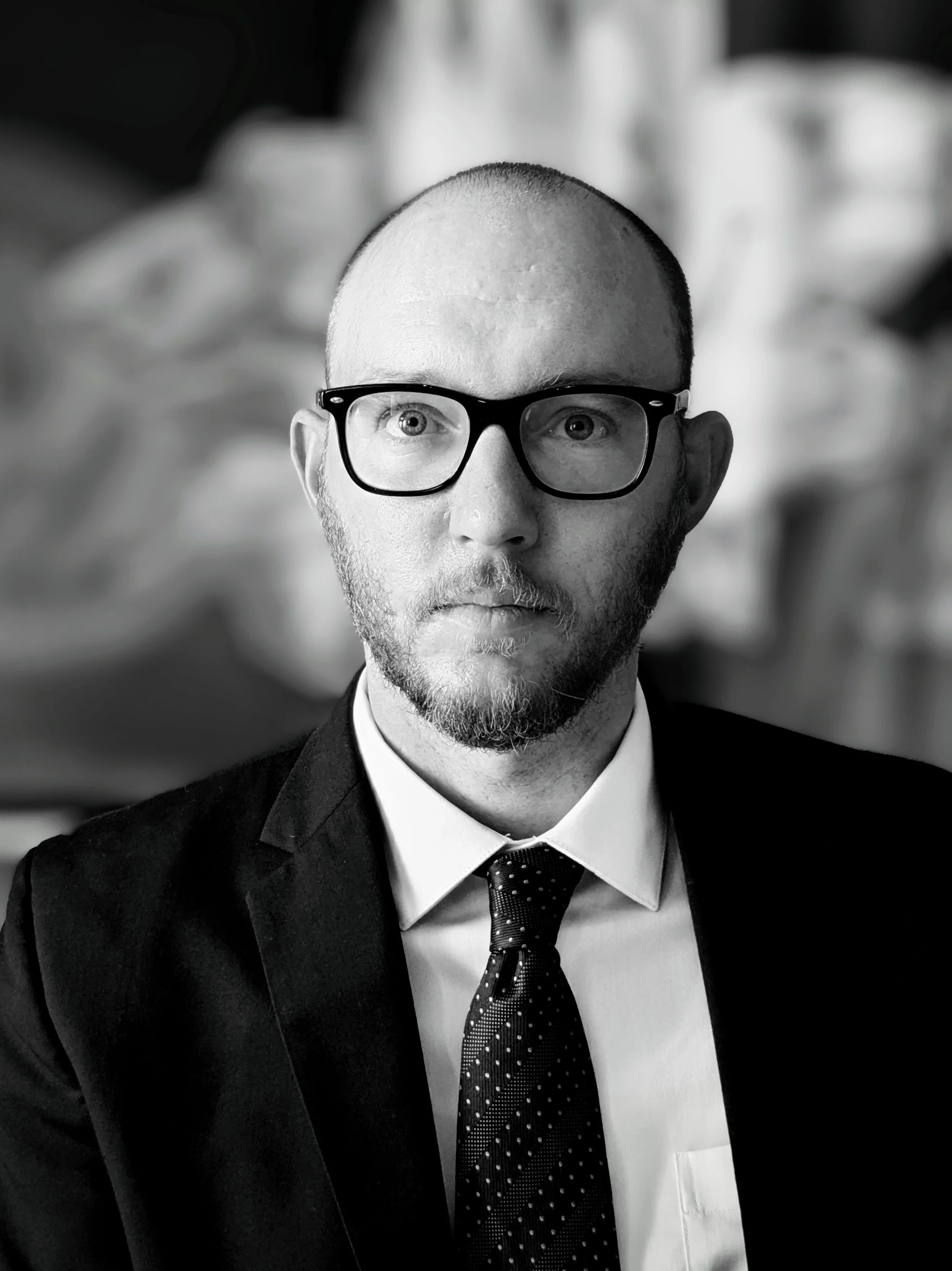Christopher W. Anderson, PhD
Christopher Anderson is a historian and moral ecologist who questions the origins and implications of leisure, work, and culture in this age of limitations. His monthly newsletter, Practical Muße, provides historical and philosophical resources for contemplating the interdependent social, political, economic, and environmental problems of our time. His first book, The Nature of Church Camp: An Environmental History of Outdoor Ministry, 1945-1980 (Lexington Books), tells the story of how Protestant church camps in the United States responded to the emerging ecological crises after World War II and in the midst of the Cold War.
Christopher has been contemplating these complexities for twenty years in academic and applied contexts. He worked in sustainability program management and has taught collegiate environmental history, sustainability studies, US history, and Western Civilization over the past eleven years. He worked in outdoor ministry and congregational youth ministry for seven years. He earned his doctorate in U.S. environmental and religious history, as well as world history, ethnography and empires, at the University of Illinois Chicago. He holds additional degrees and certificates in history, theology, environmental ministry, sustainability studies, religious studies, and education.
Early on, engagement in applied government and nonprofit work taught Christopher to appreciate the moral ecology within which institutions and subcultures influence how people form moral beliefs, create meaning, and respond to shared challenges. Understanding the intricate emergence of these ecologies is essential for reconstructing a shared vision of the desirable future.
In a postwork world where our concept of leisure is increasingly subject to algorithmic manipulation and shaped by ecological and economic constraints, he is striving to articulate our common resources for liberation and flourishing. He believes deeply that leisure is the central domain of living that has the potential to transform humanity and enrich human communities. He writes for all those who sense that there are still opportunities to discover a future based on human wholeness, moral repair, and a more sustainable leisure ethic. His current book project asks how leisure helps people go on in the face of the multifaceted and cascading crises of the Anthropocene. He lives with his family in Berlin, Germany and dreams of his home in Chicago. He writes at www.practicalmusse.com.


